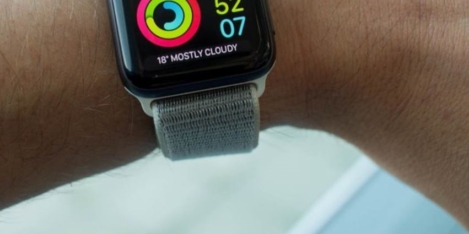May 14, 2019
New Acas advice on creating a positive mental health environment at work
 Two thirds of workers (66 percent) have felt stressed or anxious about work over the past year claims a new report from Acas. As part of Mental Health Awareness Week (13-19 May) Acas commissioned YouGov to ask employees in Great Britain about their experiences of stress and anxiety in the workplace. The most common reasons given for the way they felt included workloads (60 percent), the way that they were managed (42 percent) and balancing home and work lives (35 percent). As a result of the research Acas has produced a framework to help employers boost positive mental health at work.
Two thirds of workers (66 percent) have felt stressed or anxious about work over the past year claims a new report from Acas. As part of Mental Health Awareness Week (13-19 May) Acas commissioned YouGov to ask employees in Great Britain about their experiences of stress and anxiety in the workplace. The most common reasons given for the way they felt included workloads (60 percent), the way that they were managed (42 percent) and balancing home and work lives (35 percent). As a result of the research Acas has produced a framework to help employers boost positive mental health at work.











 HP has published a new study underscoring the importance of sustainable business practices in recruiting, hiring and retaining top talent. It suggests that employees are more productive, motivated and engaged when working for an employer who is leading the charge in social responsibility. The global, 20,000-participant
HP has published a new study underscoring the importance of sustainable business practices in recruiting, hiring and retaining top talent. It suggests that employees are more productive, motivated and engaged when working for an employer who is leading the charge in social responsibility. The global, 20,000-participant 












 In the UK approximately 1 in 100 people (600,000) have a diagnosis of epilepsy, yet despite anti-discrimination legislation, people with epilepsy in the UK are more than twice as likely as those without the condition to be unemployed. That is the main conclusion of a report from
In the UK approximately 1 in 100 people (600,000) have a diagnosis of epilepsy, yet despite anti-discrimination legislation, people with epilepsy in the UK are more than twice as likely as those without the condition to be unemployed. That is the main conclusion of a report from







May 10, 2019
A balanced approach to stress has its benefits
by Brendan Street • Comment, Wellbeing